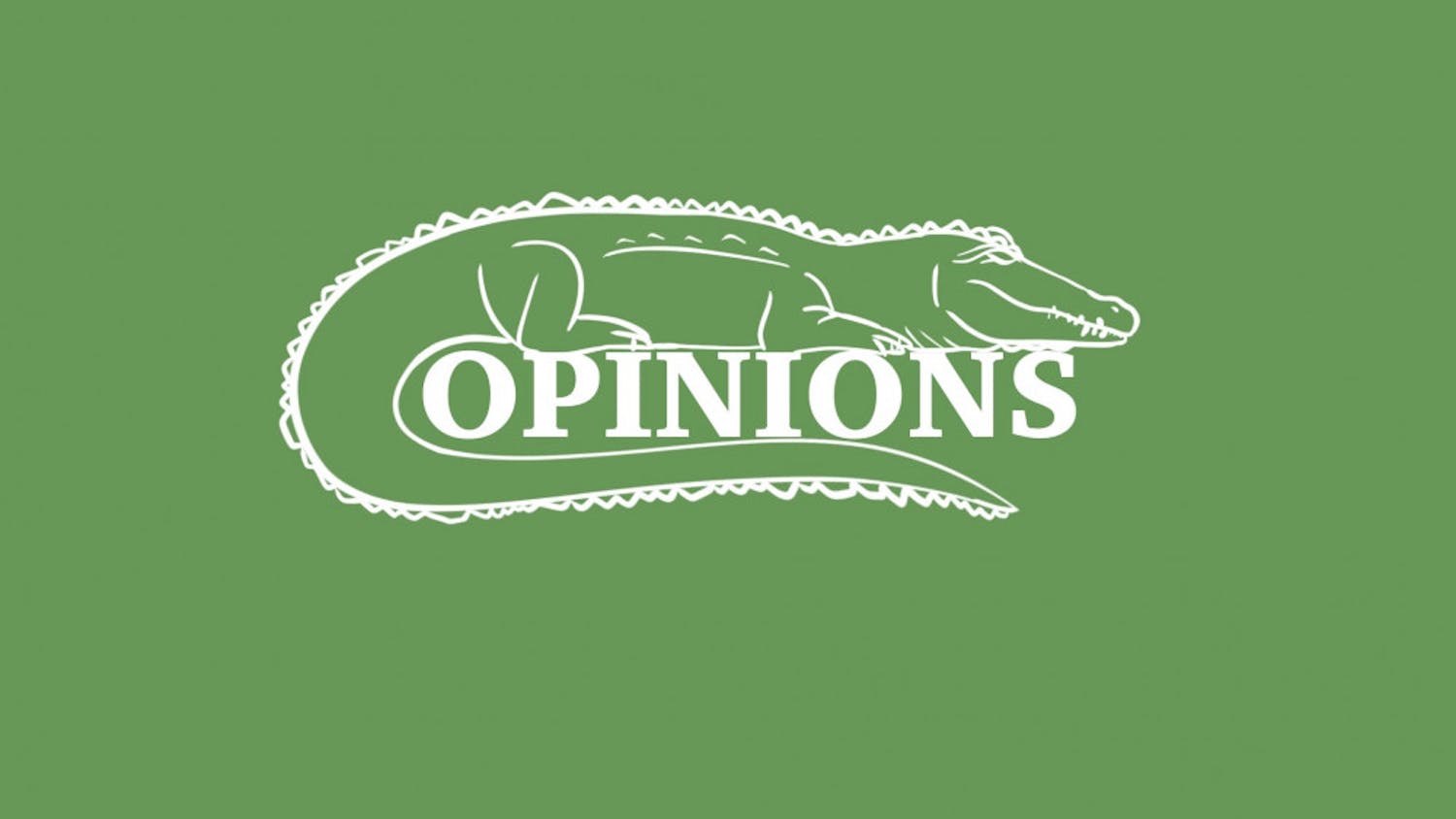In 2010, 767 manatees were documented to have died or been killed in Florida.
A significant number of the manatee deaths resulted from the prolonged cold temperatures last winter.
These numbers are an all-time high, shattering the previous record of 429 set in 2009.
Last week, I watched a manatee barrel roll down the spring run at Blue Spring, on the St. Johns River.
The rising late-morning temperatures and shining sun made it safer for manatees to venture into the cold river to feed.
This week, at Three Sisters Spring, on Florida’s west coast, I observed manatees huddled in discretely marked sanctuaries.
They sat motionless for hours, resting and conserving energy beyond the reach of human visitors.
Nearly every manatee I saw was scarred from previous boat collisions.
The Blue Spring manatee had a series of four propeller scars down the left side of his body, suggesting he may have been trying to roll away from the oncoming boat that struck him and left him permanently scarred.
One of the manatees that swam so gracefully up the spring run at Three Sisters Spring to get even closer to the warm water boiling from the spring, had the appearance of a mermaid.
Her paddle-shaped tail had been mutilated into a fork shape, again by a boat collision.
I often think about what it was like to be a manatee in Florida 100 years ago — how much different life was for them — how much quieter it was.
To say that they have had to undergo a steep learning curve to adapt to our ditching, diking, and draining of Florida, not to mention the construction of mega-marinas, seawalls, ports, and docks that have resulted from Florida’s growth, would be the understatement of the century.
Save the Manatee Club is celebrating its 30th Anniversary in 2011.
For these last 30 years, this organization has been the voice of manatees.
While groups like the club and federal and state agencies have taken great strides to protect manatees, it isn’t enough.
All I could think about as I watched the barrel-rolling manatee and his counterpart with the mermaid tail in Crystal River was how these manatees need our voices now more than ever before.
We need to protect their warm-water habitat from aquifer over-pumping and nutrient pollution.
We need to safeguard sea grass beds from propeller scarring and oil spills.
We need to educate boaters so that fewer manatees suffer from boat collisions that leave them mutilated or dead.
Most of all, we need to teach all of Florida’s residents and visitors that our daily actions affect this species, even if we don’t directly cross paths.
As we look ahead to the next 30 years, there’s no doubt that manatees will continue to need support from strong, caring voices to ensure their survival.
We’ll be here for them. Will you?
Katie Tripp is the director of science and conservation for Save the Manatee Club





